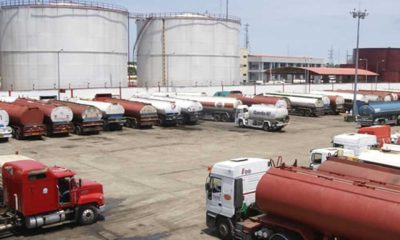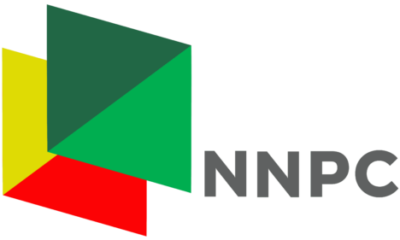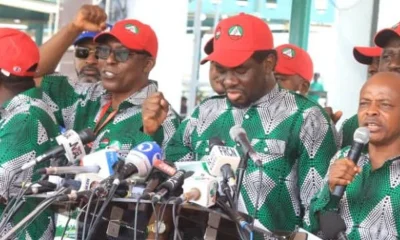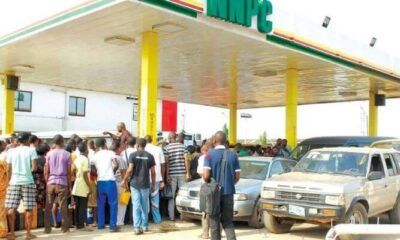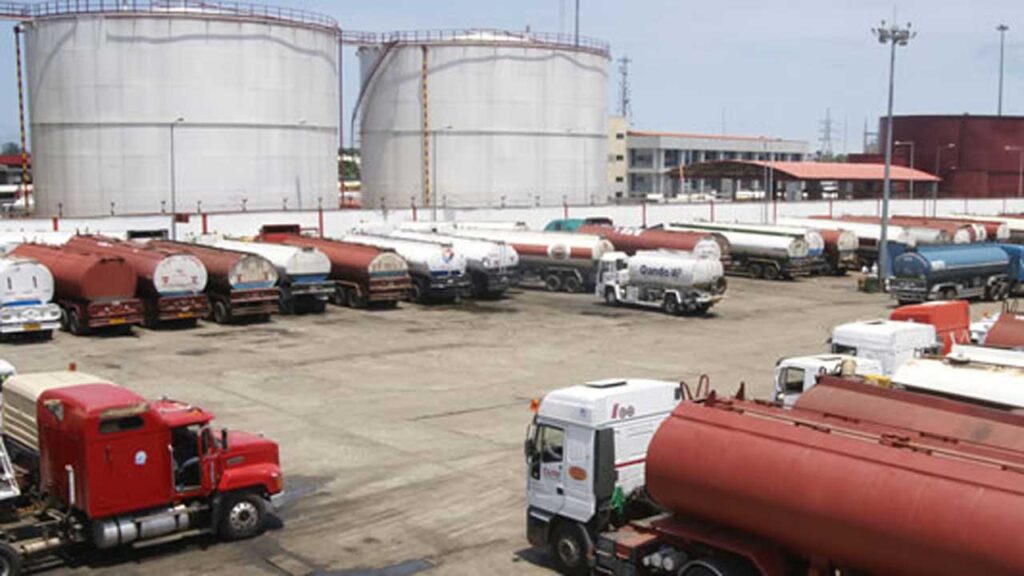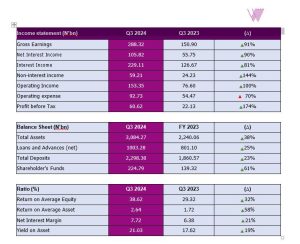The Nigerian National Petroleum Company Limited has again failed to begin fuel production at the Port Harcourt refinery in Rivers State.
This is despite the refinery failing to commence operations after about six postponements as of August 2024.
It would be recalled that promises made to Nigerians by the Federal Ministry of Petroleum Resources and NNPC about the refinery have continued to hit brick walls.
After the failure of the early August promise, the Chief Financial Officer of the NNPC, Umar Ajiya, said the Port Harcourt refinery will commence operations in September 2024.
Speaking to journalists in August, Ajiya had said petroleum products would be ready for testing before being supplied to the domestic market in September.
As September ended yesterday, the NNPC did not give an update about the refinery.
Maire Tecnimont SpA, the contractor overseeing the rehabilitation of the Port Harcourt refinery, said it would provide details on the project’s completion by or before October 2.
The contractor conveyed this through a law firm, Olajide Oyewole LLP, in response to a letter from a Senior Advocate of Nigeria, Femi Falana, who had inquired about the completion timeline for the refinery’s rehabilitation.
In reply to Falana’s request, the law firm stated that its client received his letters dated September 17 and 24, regarding the contract with the NNPC and is considering the inquiries.
“Our client is considering your letters and they intend to get back to you on or before 2 October 2024,” the law firm had said.
Since December 2023, NNPC, which is in charge of all the government refineries, has given Nigerians different dates, assuring them that the refinery would begin the sale of refined products soon.
In July, the Group Chief Executive Officer of the NNPC, Mele Kyari, stated categorically that the refinery would come into operation in early August.
The same Kyari said in 2019 that the NNPC would deliver all the country’s four refineries before the end of former President Muhammadu Buhari’s administration.
While appearing before the Senate in July, Kyari boasted, “I can confirm to you, Mr Chairman, that by the end of the year, this country will be a net exporter of petroleum products.
“Specific to NNPC refineries, we have spoken to a number of your committees, and it is impossible to have the Kaduna refinery come into operation before December, it will get to December, both Warri and Kaduna, but that of Port Harcourt will commence production early August this year.”
However, the promise was not fulfilled in August which was the sixth postponement.
Though the NNPC said it was on course, the refinery has yet to commence operations.
The 210,000 barrels per day refinery was said to have reached what the NNPC called mechanical completion of rehabilitation work in December. It stated that the facility would start refining 60,000 barrels of crude oil daily after last year’s Christmas break.
Later in January, Kyari said the refinery was being tested and would be ready by the end of January.
During the second month of the year, the Shell Petroleum Development Company of Nigeria Limited completed the supply of 475,000 barrels of crude oil to the facility, raising the expectations of marketers that production was set to commence.
This came a few weeks after the NNPC said in January that it was seeking to engage reputable and credible operations and maintenance companies to run the refinery.
In mid-March, Kyari said the Port Harcourt refinery would commence operations in two weeks, April.
“We are serving this country with honour and dignity. And we will make sure that the promises we make on the rehabilitation of these refineries will take place,” Kyari stated after he appeared before the Senate Ad-hoc Committee investigating the various turnaround maintenance projects of the country’s refineries.
As the April deadline elapsed, independent petroleum marketers told The PUNCH that the facility would begin production by the end of July.
Commenting on this, NNPC’s Chief Corporate Communications Officer, Soneye, said regulatory approvals from international bodies were the only impediment stalling the operational commencement of the refinery.
Some Nigerians have expressed disappointment that the nation’s refineries have remained moribund for years. The country has since depended on imported fuel due to a lack of refining capacity, spending up to N2tn monthly.
The President of the Dangote Group, Aliko Dangote, said $4bn had been spent by the Federal Government in an attempt to revive the nation’s refineries.
The refinery, situated in Nigeria’s oil-rich Niger Delta region, has been in operation since 1965, but later became moribund for several years.
In March 2021, the Nigerian government acquired a $1.5bn loan for the renovation and modernisation of the refinery; a move that was criticised by former Vice President Atiku Abubakar, who advocated the sale of all government refineries.
While reacting to the plan to hand the refinery over to private managers, Atiku tackled former President Muhammadu Buhari and the incumbent President Bola Tinubu for failing to heed his advice that the refinery and others owned by the government should be sold to private individuals.
Meanwhile, Nigerians are hopeful that the refinery will begin operations so that the country can stop fuel importation and witness a crash in the pump prices of petrol.

 News3 years ago
News3 years ago
 Entertainment3 years ago
Entertainment3 years ago
 Privacy3 years ago
Privacy3 years ago
 News3 years ago
News3 years ago
 Sports3 years ago
Sports3 years ago
 Entertainment3 years ago
Entertainment3 years ago
 News4 years ago
News4 years ago
 Opinion3 years ago
Opinion3 years ago

